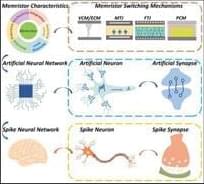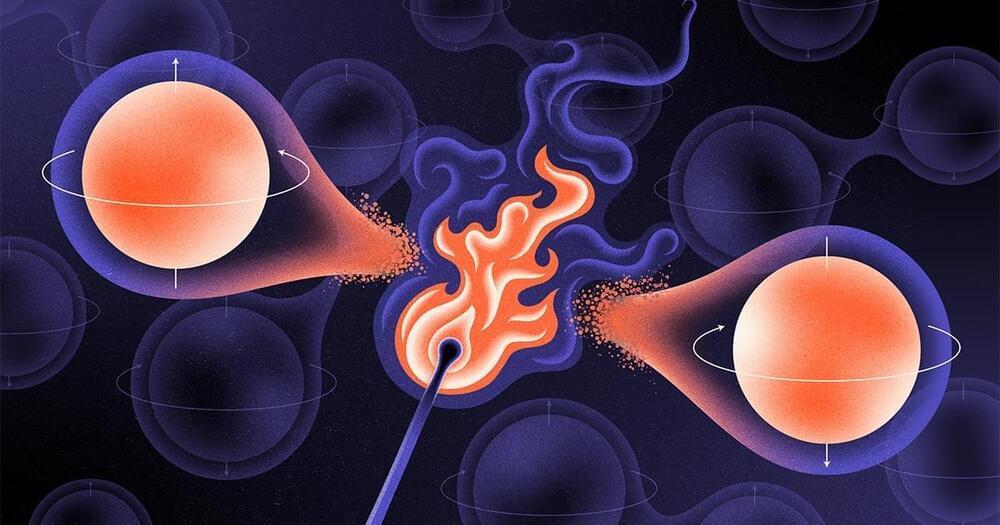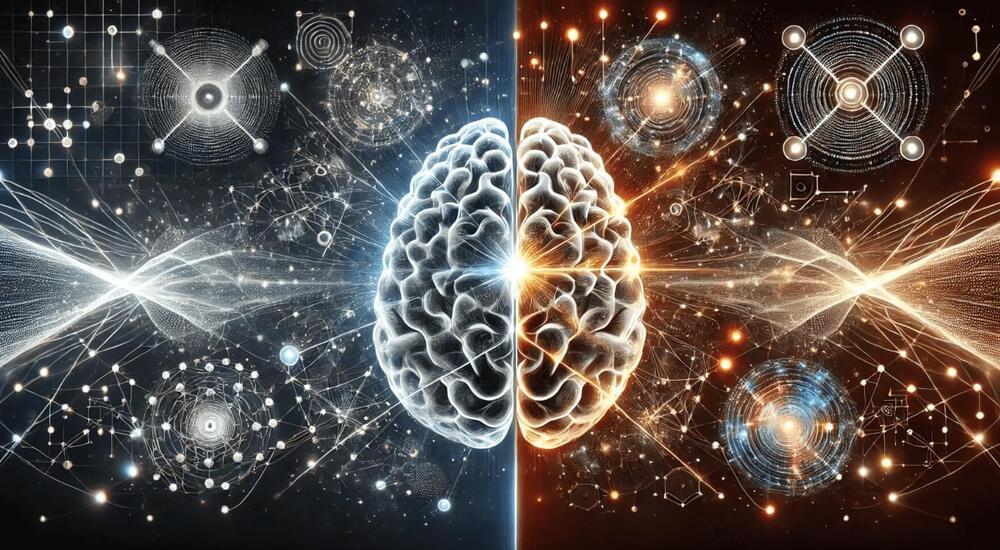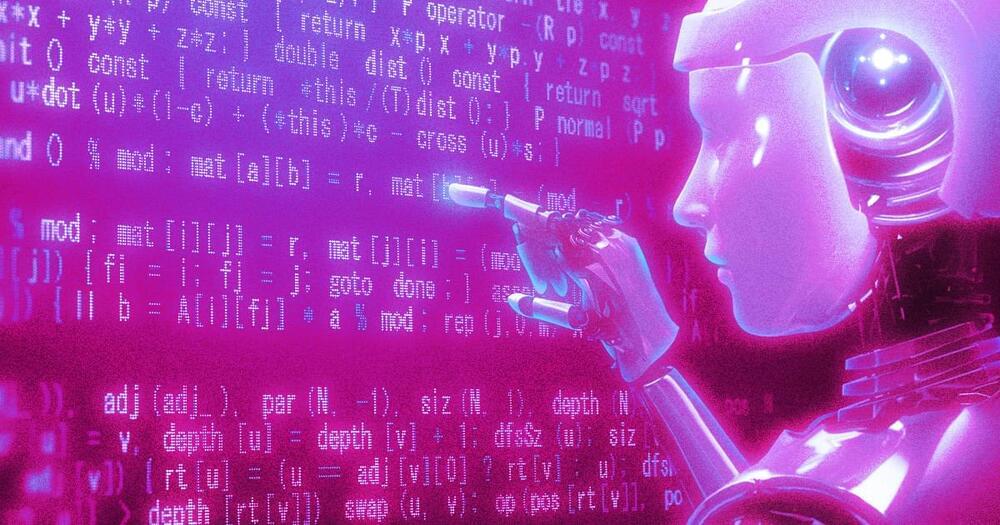In recent years, there have been many reviews investigating neuromorphic computing from the perspectives of device electrical properties,[ 9, 10 ] resistive switching materials,[ 11, 12 ] memristive synapses and neurons,[ 13 ] algorithm optimization,[ 14 ] and circuit design.[ 15 ] Different from the existing literature, we discuss the possibility of achieving brain-like computing from the perspective of memristor technology and review the establishment of spiking neural network neuromorphic computing systems. In this article, we first review the resistive switching mechanisms of different types of memristors and focus on factors, which affect device stability and the corresponding optimization measures that have been applied. Furthermore, we study the stochasticity, power consumption, switching speed, retention, endurance, and other properties of memristors, which are the basis for neuromorphic computing implementations. We then review various memristor-based neural networks and the building of spike neural network neuromorphic computing systems. Finally, we shed light upon the major challenges and offer our perspectives and opinions for memristor-based brain-like computing systems.





